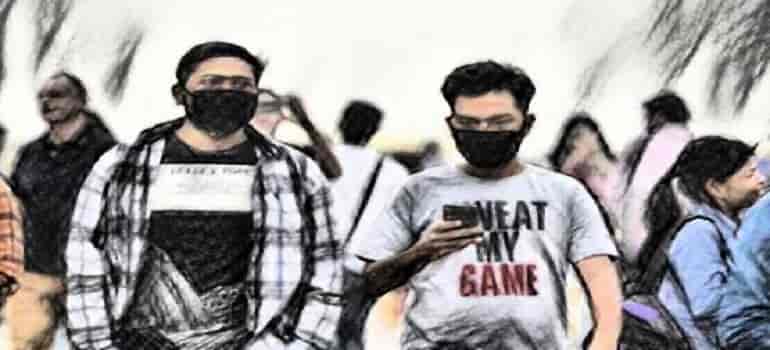Mumbai, the bustling and cosmopolitan Indian metropolis, has been ranked as the most polluted city in India and the second most polluted city globally, according to the Swiss air tracking index IQAir. The real-time air quality monitor tracks the pollution levels in various cities worldwide and categorizes them into ‘healthy,’ ‘unhealthy,’ and ‘hazardous’ as per US air quality index (AQI) standards, which are more stringent than India’s.
The rankings for Mumbai were compiled between January 29 and February 8, where the city was initially ranked 10th in the list of the most polluted cities globally. However, the city climbed the rankings to clinch the second spot on February 2 before falling down the list in the following days. But on February 8, it again rose to take the second position. On February 13, Mumbai took over Delhi as the most polluted city in India and became the third most unhealthy city worldwide for air quality.
Data from the Central Pollution Control Board (CPCB) indicates that Mumbai has had more ‘Poor’ and ‘Very Poor’ days between November and January this year than the previous three winters. The research conducted by the National Environmental Engineering Research Institute (NEERI) and IIT-Bombay in 2020 found that road or construction dust was the cause of more than 71% of the particulate matter load in Mumbai’s air. Additionally, factories, power plants, airports, and waste dumps contributed to making Mumbai’s air the filthiest to breathe.
IQAir, which collaborates with UNEP and Greenpeace, measures air quality in India using data from the CPCB. The real-time air quality monitor is a reliable tool to assess the current air pollution levels in cities worldwide.
The latest rankings are a wake-up call for the authorities and citizens of Mumbai to take action to reduce air pollution. The government must take stringent measures to curb pollution levels, such as imposing fines for dust emissions, increasing the use of public transportation, and increasing green cover in the city. At the same time, citizens can do their bit by using public transport, reducing the use of private vehicles, and planting trees in their localities. The situation demands immediate action from all stakeholders to make Mumbai’s air clean and breathable once again


